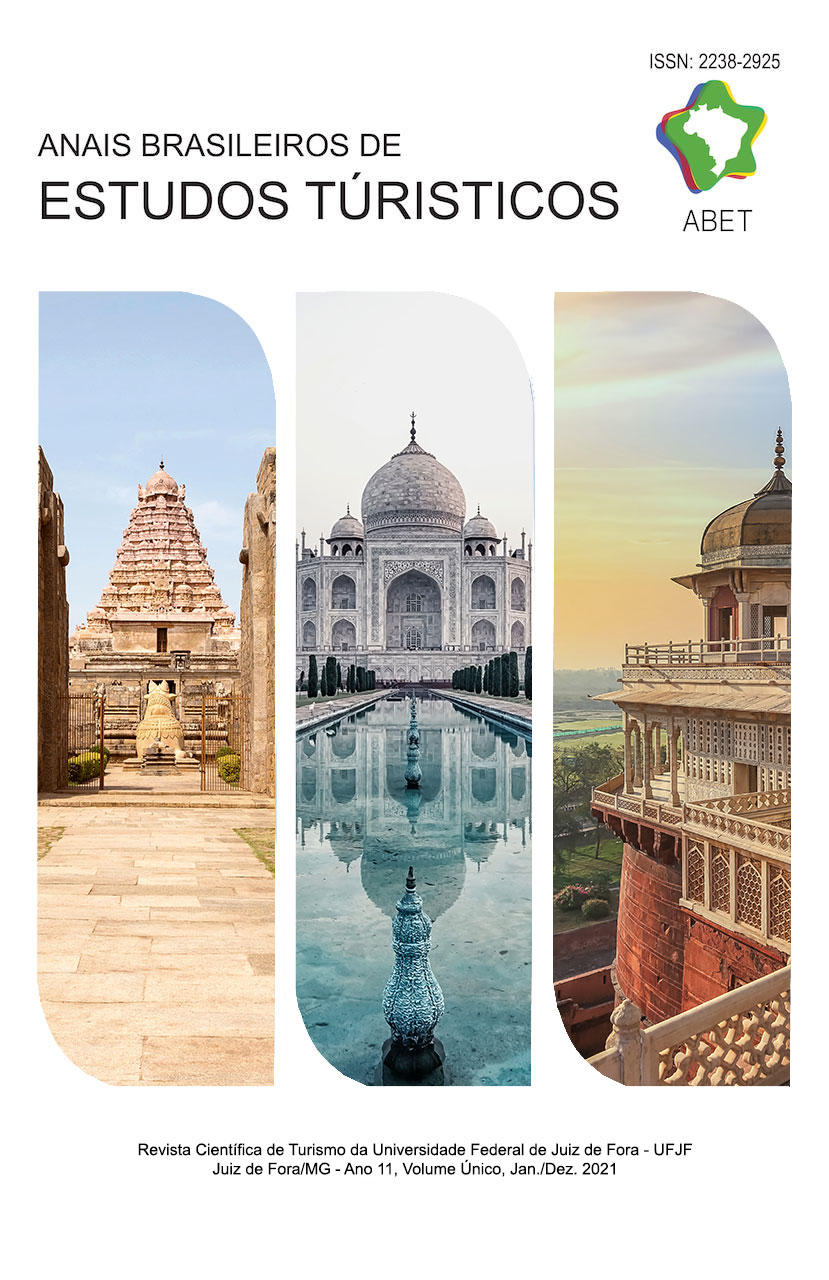Pandemic’s (Covid-19) Impact on Tourism Sector of India
DOI:
https://doi.org/10.5281/zenodo.5770282Abstract
This paper examines the impact of pandemic on domestic tourism sector in India through finding out the changes in preferences of domestic tourists due to the pandemic (COVID-19). For this purpose, primary data is collected from 364 Indian nationals to gain insights and secondary data is collected from various online sources such as reports, research articles, websites, books, etc. A structured questionnaire is developed for collecting primary data. The result of data analysis revealed that there is not much difference between numbers of people who used to travel before the pandemic and who want to travel after relaxations or vaccination according to their criteria as well as 76.2% respondents have intentions to travel for tourism activities within one year after relaxations (some or complete) or vaccination. The other findings disclosed that the history of Coronavirous cases of a state matter while choosing a destination and pandemic has influenced the preferences of the people for tourism components. These findings may help tourism as well as hospitality market players to develop new tourism products which also cover these changed preferences and help in reviving their business as well as the industry as early as possible by satisfying the tourists.
Key words: Pandemic (COVID-19). Globalisation. Tourism. Health Tourism. Relaxations. Vaccination.
Downloads
Downloads
Published
How to Cite
Issue
Section
License
Copyright (c) 2021 Anais Brasileiros de Estudos Turísticos - ABET

This work is licensed under a Creative Commons Attribution 4.0 International License.
This journal provides immediate open access to its content, following the principle that providing free scientific knowledge to the public provides greater democratization of world knowledge.
Authors must agree to the following terms relating to copyrights:
(a) Authors keep all copyright and grant the to the journal the right of first publication, with the work simultaneously licensed under the Creative Commons Attribution License that allowing job sharing with recognition of authorship of the work and initial publication in this journal.
(b) Authors are allowed to assume additional contracts separately, for non-exclusive distribution of the version of the work published in this journal (e.g. publish in institutional repository or book chapter), with recognition of authorship and initial publication in this magazine.
(c) Authors are allowed and are encouraged to publish and distribute their work online (e.g. in institutional repositories or on your personal page) since they do not do this before or during the editorial process, as this can generate productive interchange, as well as increase the impact and citation of work aired. (See Effect of Free Access).















